Text and Photos by Henrylito D. Tacio
As a journalist, I have two things that I like most – aside from meeting and talking with some of the famous people around the world. Those two things are travel and photography. And if you are a journalist, you ought to like, if not love, these two things.
Who doesn’t like to travel and see new places and meet new faces? Along the way, travel enriches not only your mind but also your experience, which, according to one adage, is “the best teacher.” Some places are quaint; others are eerie, if not weird. But there are also places that are exotic, rustic, brilliant, and breathtaking.
“Travel not only stirs the blood – it also gives birth to the spirit,” said Alexandra David-Neel.
When I was still a kid, I imagined myself taking pictures of some celebrities. When I finally had my own camera, I took pictures of my family, nature, and other subject matters.
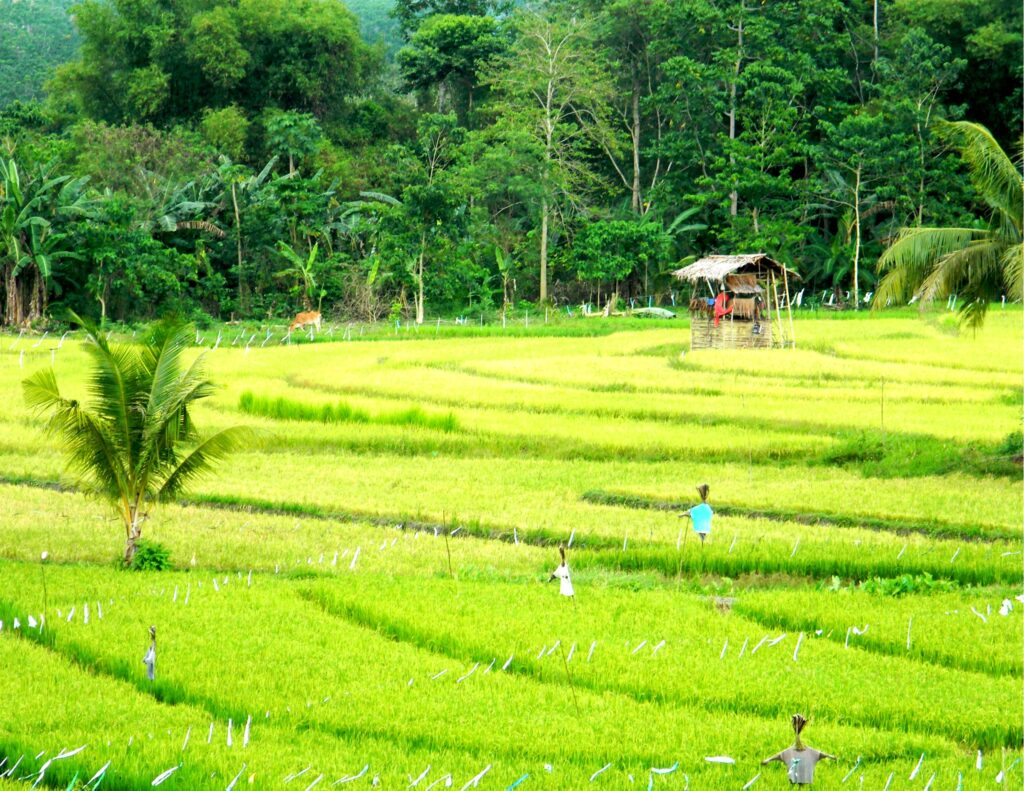
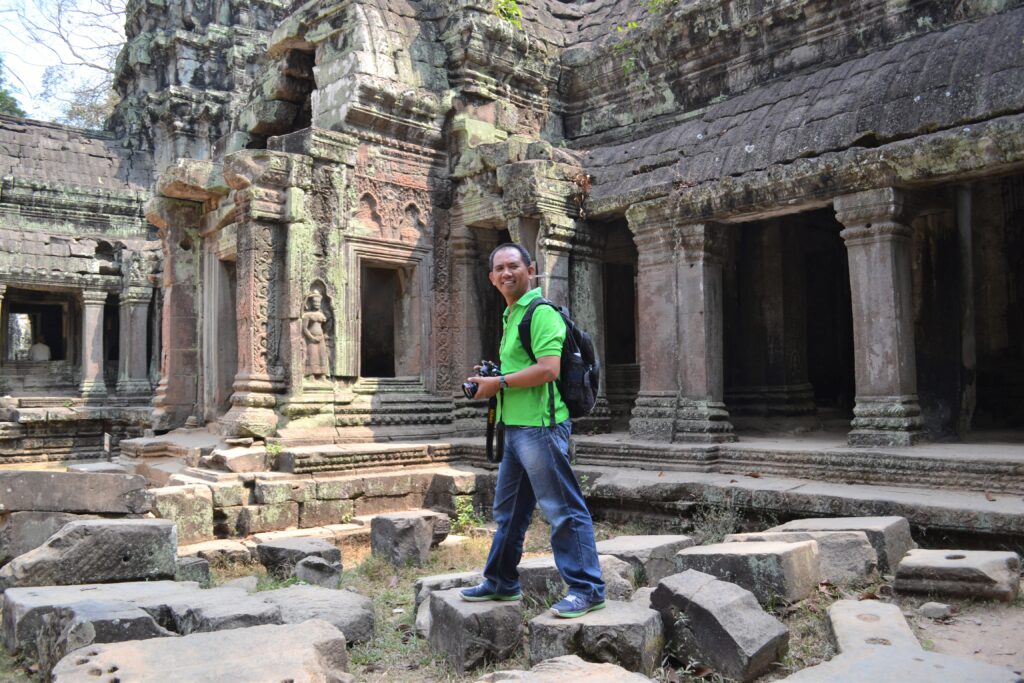
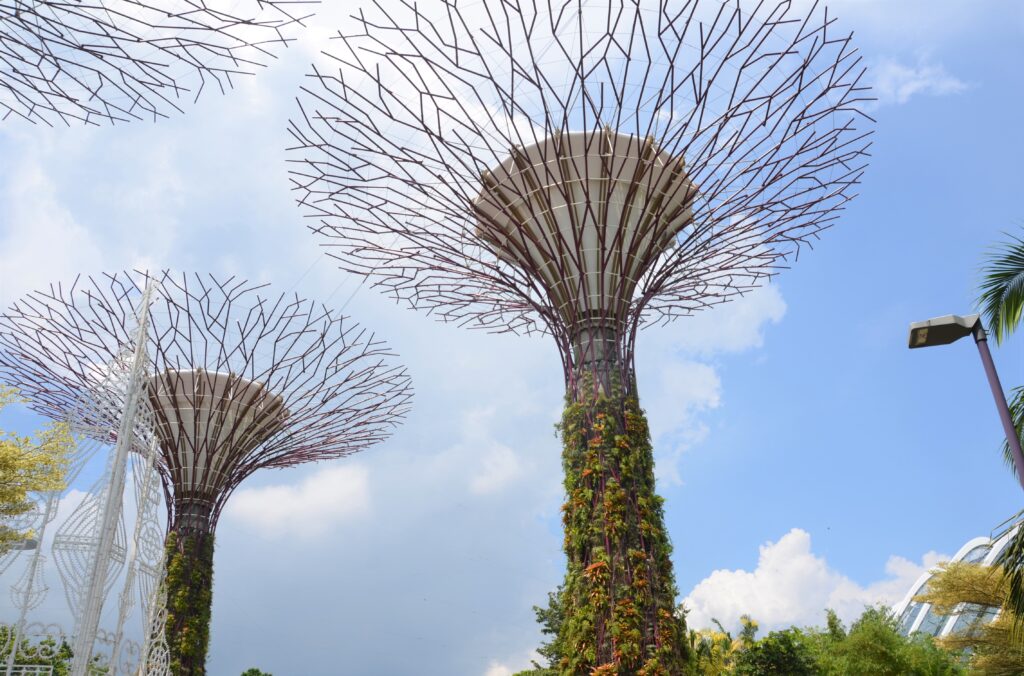
I really didn’t know much about taking pictures – until I met Donald “Don” Rutledge, one of America’s most awarded photojournalists. His travels over a lifetime have taken him into 143 countries and all fifty of the United States. His work has included international assignments from the well-known Black Star picture agency in New York, civil right efforts, including the documentation of the work of John Howard Griffin for his famous work, Black Like Me, to photo stories in Life magazine, Stern magazine in Germany, Paris-Match in France, numerous magazines in Canada, South America, Japan, Europe, and Asia.
I came to know and meet him when he was doing some assignments for The Commission, a publication of the International Mission Board of the Southern Baptist Convention. He and Erich Bridges came to do a story about my former boss, Harold Ray Watson (the 1985 Ramon Magsaysay awardee for peace and international understanding). This was in 1996.
Being a journalist, I was asked to accompany them. During our travels in between or while walking, Don shared some thoughts about photography. And that was how I get my first-hand information on taking pictures. “My main subject matter involved people, showing them in natural surroundings, lifestyles, and the variety of environments in which they live their lives from work environments to pleasures and relaxations, among others,” Don said.
During our time together, I observed that Don took a lot of pictures on one particular scene or activity. On why he was doing that, he replied, “It is much like a writer or a speaker preparing an article or speech. They write lots of notes from which the message is narrowed and developed into the final presentation. I take extra pictures for that same reason.” (With digital cameras now readily available, a photographer won’t have a problem following that tip!)
“In photojournalism,” he said, “there is constant change. A subject is smiling, frowning, talking, listening, walking, standing, sitting, working, or relaxing. Often in the background, while subjects are being photographed in the foreground, people walk in and out of the picture. Making choices as to when to click the shutter is constant and important. The challenge is both difficult and exciting. The photojournalist becomes ‘eyes’ for viewers and places those viewers into the position where he stood while making the photograph.”
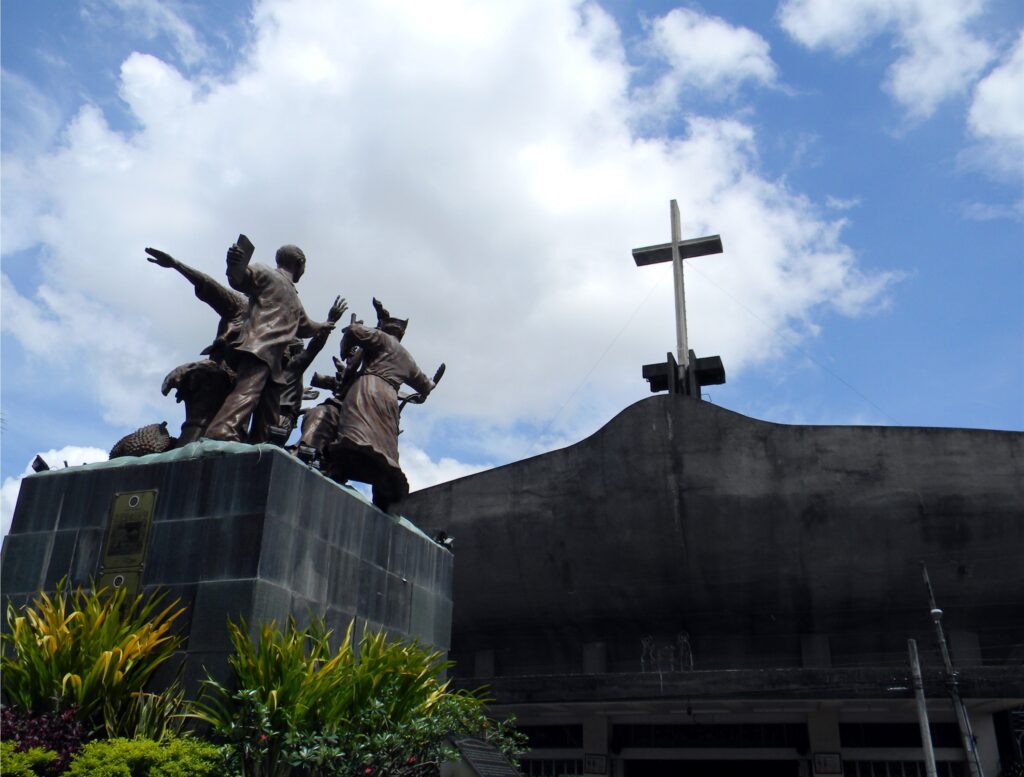
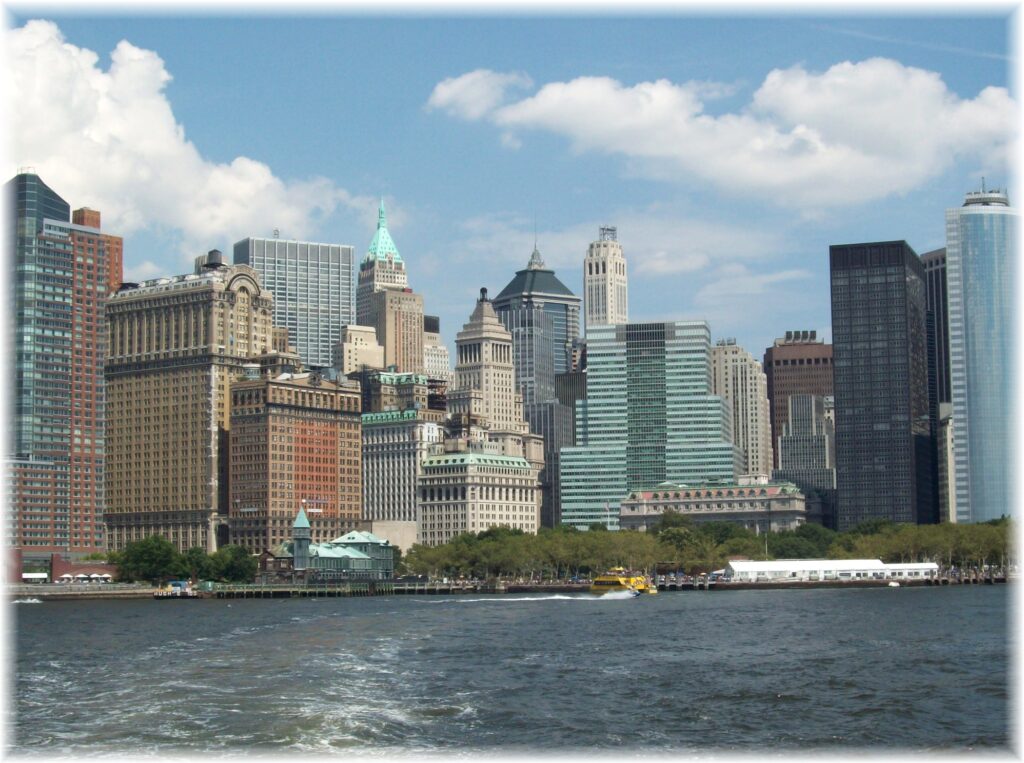
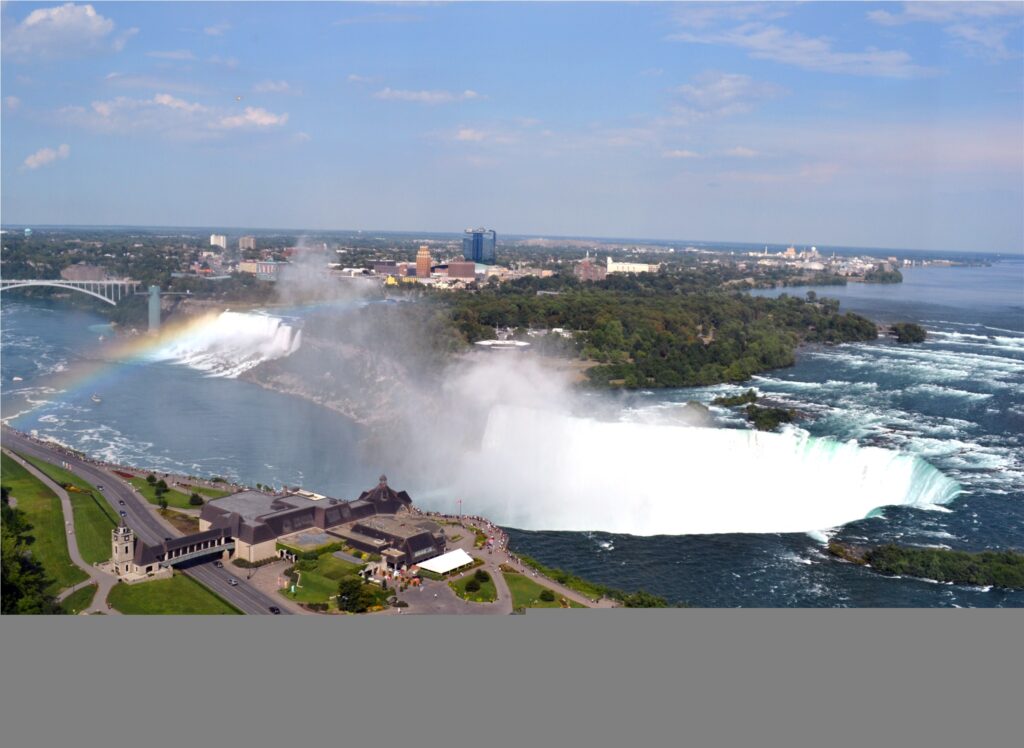
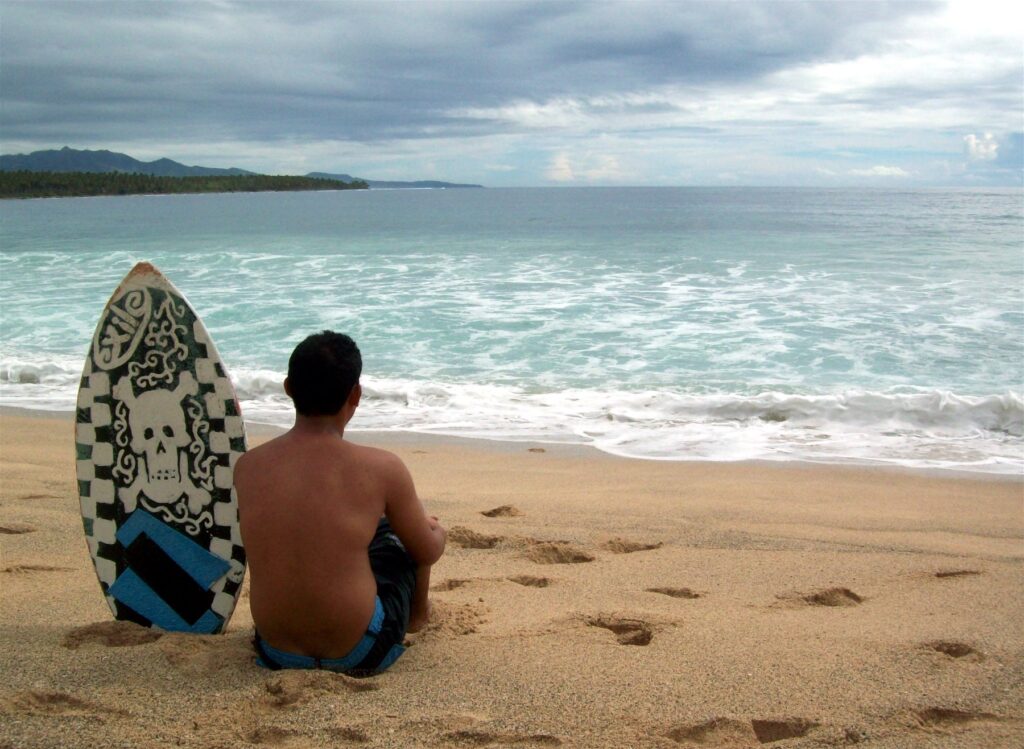
To those who are just starting photography as a hobby or a career, he offered this tip: “New photographers can find excitement in isolating wonderful elements of our world and its people in that viewfinder of their camera. That becomes the photographer’s world. Outside that finder, beyond the moment of clicking the shutter, is of course, a world of enormous size and activity, but the photographer’s world right then is defined in the viewfinder, and he freezes it to hold history as he clicks the shutter.
He continued, “His activity should be more than just raising the camera, looking through the viewfinder and just clicking the shutter. That is a moment of personal history whether it involves special moments of his family or friends, activities of famous and unknown people, or even elements of nature scenes around him.”
Here, in this article, I am sharing some of the photos I had taken during my travels.

